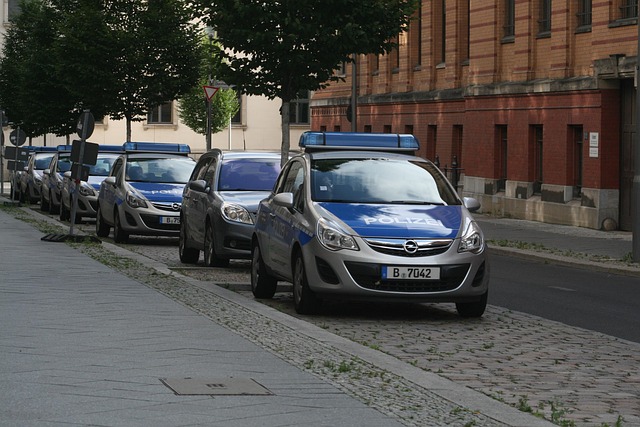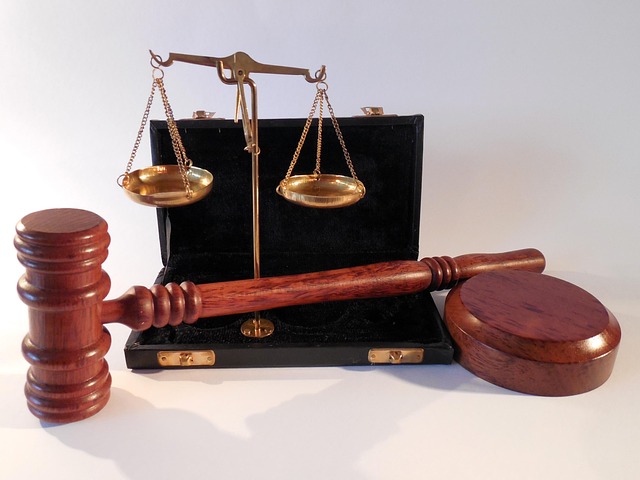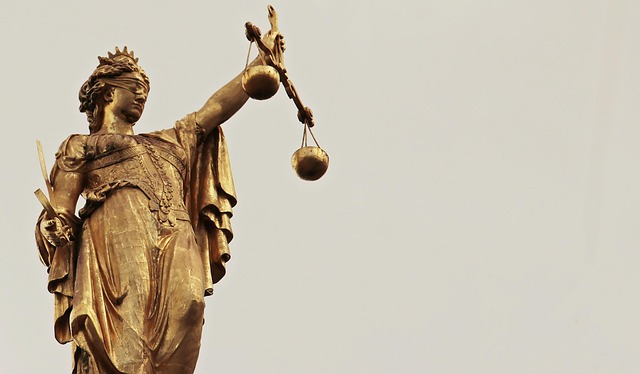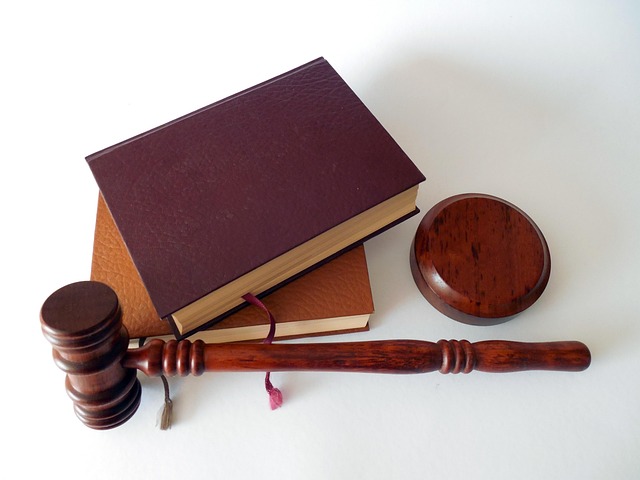Environmental Crime Trials specialize in prosecuting ecological damage from pollution to climate change, relying on the Administrative Hearings Process Guide for navigation. This guide outlines steps from investigation to verdict, emphasizing interdisciplinary collaboration between legal experts, scientists, and environmental advocates. Administrative hearings offer an efficient, cost-effective alternative to jury trials, focusing on deterrence and rehabilitation while considering broader societal contexts. Key players include prosecution attorneys, defense lawyers, judges, and environmental regulators, with community representatives sometimes participating. The Administrative Hearings Process Guide ensures due process and fairness, playing a crucial role in strengthening environmental protection globally through successful cases against individuals and corporations responsible for ecological crimes.
“Uncover the power of justice through Environmental Crime Trials—a critical mechanism for holding perpetrators accountable and driving environmental protection. This comprehensive guide explores the intricate legal landscape, from understanding the unique perspectives of these trials to deciphering their procedural steps.
We delve into the role of administrative hearings as a cornerstone of environmental justice, examining how they shape outcomes. Discover the key players involved, from regulatory agencies to plaintiffs, and learn about the impact of successful trials in fostering reform and a sustainable future.”
- Understanding Environmental Crime Trials: A Legal Perspective
- The Role of Administrative Hearings in Environmental Justice
- Key Players and Participants in an Environmental Crime Trial
- Procedural Steps: From Investigation to Verdict
- Impact and Outcomes: Reforming Environmental Protection Through Trials
Understanding Environmental Crime Trials: A Legal Perspective

Environmental Crime Trials represent a unique intersection of environmental law and criminal justice. These trials are designed to hold individuals and corporations accountable for actions that harm our environment, from pollution and deforestation to illegal dumping and climate change-related offenses. From a legal perspective, understanding this process involves navigating complex regulations and statutes that govern environmental protection. The Administrative Hearings Process Guide serves as a crucial resource for both prosecutors and defenders, outlining the steps involved in investigating, prosecuting, and defending against environmental crimes.
These trials often involve specialized knowledge of environmental science and regulatory frameworks, requiring collaboration between legal experts, scientists, and environmental advocates. While general criminal defense strategies may apply, white-collar defense tactics are particularly relevant given the complex financial and corporate structures at play. The involvement of philanthropic and political communities in these cases further complicates the landscape, emphasizing the need for meticulous legal strategies that address both the technical and socio-political dimensions of environmental crimes.
The Role of Administrative Hearings in Environmental Justice

In the pursuit of Environmental Justice, Administrative Hearings play a pivotal role as a Process Guide for resolving environmental disputes outside of jury trials. These hearings provide an efficient and accessible platform for addressing violations, particularly in cases involving white-collar defense strategies. Here, legal professionals can present evidence, argue points of law, and advocate for their clients’ rights without the formality and length of typical court proceedings.
By employing this alternative method, stakeholders gain a more focused and specialized approach to environmental litigation. It streamlines the process, making it cost-effective and timely, especially in cases where the focus is on deterrence and rehabilitation rather than punitive measures. This avenue is particularly beneficial for communities seeking redress for environmental harms, ensuring their voices are heard while navigating complex legal landscapes.
Key Players and Participants in an Environmental Crime Trial
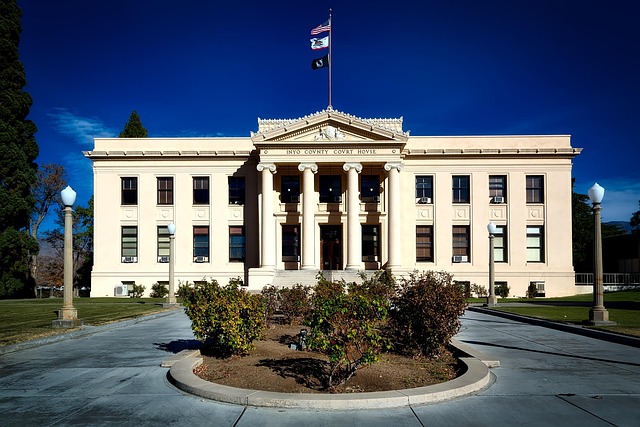
In an Environmental Crime Trial, several key players and participants come together to ensure a thorough and just process. At the forefront are prosecution attorneys who investigate, build cases, and represent the state or affected communities. They navigate complex environmental laws and regulations, often employing scientific evidence and expert witnesses to prove their case. On the other side, defense lawyers, frequently specializing in white collar defense, challenge the prosecution’s arguments and present their clients’ perspectives. This can include arguing for a less severe punishment or disputing the guilt entirely.
The Administrative Hearings Process Guide serves as a critical resource throughout these trials. It outlines procedures, ensures due process, and protects the rights of both sides. Key participants also include judges, who interpret laws and make final decisions; environmental regulators who provide technical expertise; and, in some cases, victims or community representatives who may participate actively, ensuring their voices are heard within the high-stakes cases.
Procedural Steps: From Investigation to Verdict
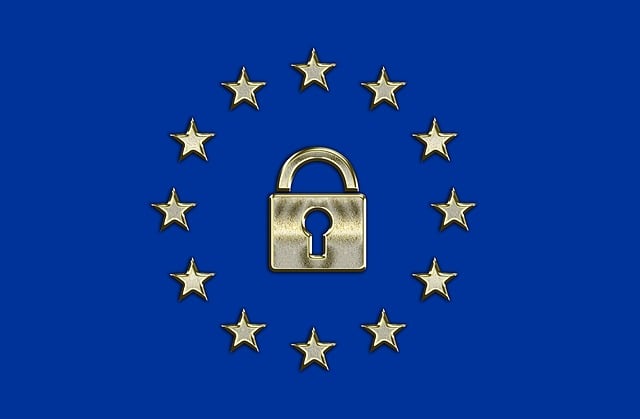
The journey from environmental crime investigation to reaching a verdict involves a meticulous Administrative Hearings Process Guide. This process is crucial for navigating high-stakes cases and ensuring justice, especially when representing clients facing environmental charges. It begins with the initial probe by regulatory agencies or law enforcement, gathering evidence, and interviewing witnesses. This stage is critical in building a robust case strategy.
Once sufficient grounds are established, formal charges are filed, setting in motion the legal proceedings. The defendant, whether an individual or corporation, has the right to defend himself or itself through a general criminal defense strategy. This involves examining evidence, cross-examining witnesses, and presenting a compelling argument before the court. Throughout, procedural rules and regulations guide each step, ensuring fairness and transparency, ultimately leading to a verdict that reflects the merits of the case.
Impact and Outcomes: Reforming Environmental Protection Through Trials

Environmental Crime Trials play a pivotal role in shaping the future of environmental protection. The outcomes of these trials don’t just serve as penalties; they pave the way for more robust and effective administrative hearings processes, guiding policies and laws that safeguard our planet. By scrutinizing cases involving air pollution, water contamination, and habitat destruction, these trials highlight successful strategies for holding corporate and individual clients accountable.
This unique judicial approach offers an unprecedented track record of delivering justice while fostering a culture of environmental stewardship. Through every stage of the investigative and enforcement process, from evidence gathering to sentencing, these trials ensure that perpetrators face consequences commensurate with their actions. The lessons learned not only strengthen existing environmental legislation but also inspire innovative solutions for future challenges.
Environmental crime trials serve as a powerful tool for holding perpetrators accountable and ensuring environmental justice. By understanding the legal framework, leveraging administrative hearings as a process guide, and involving key players, these trials can lead to significant outcomes in reform and protection. The procedural steps outlined here provide a roadmap for achieving justice, with the ultimate goal of fostering a more sustainable and equitable future. This comprehensive approach is essential in navigating environmental challenges and securing a cleaner, safer world for all.


